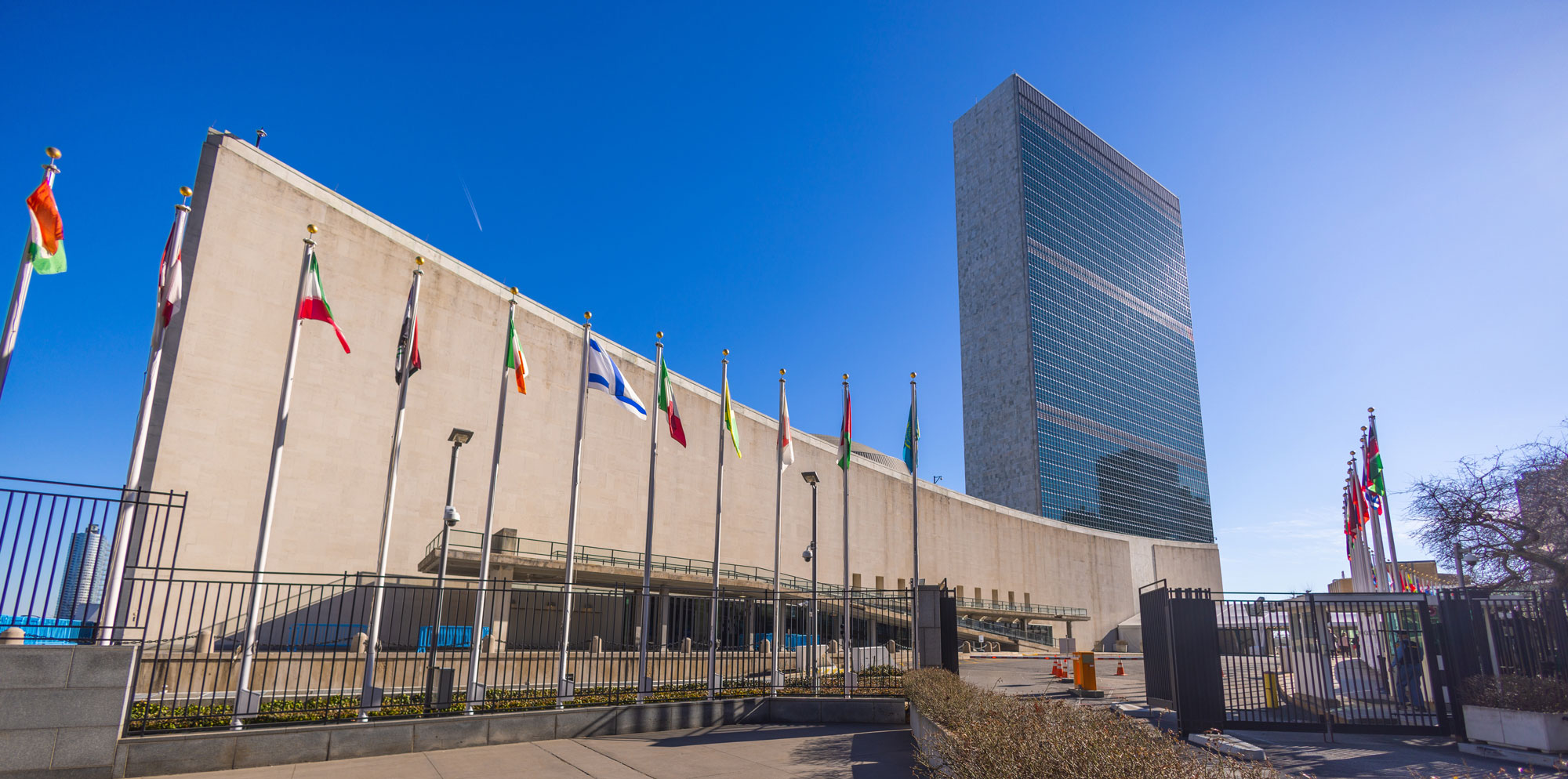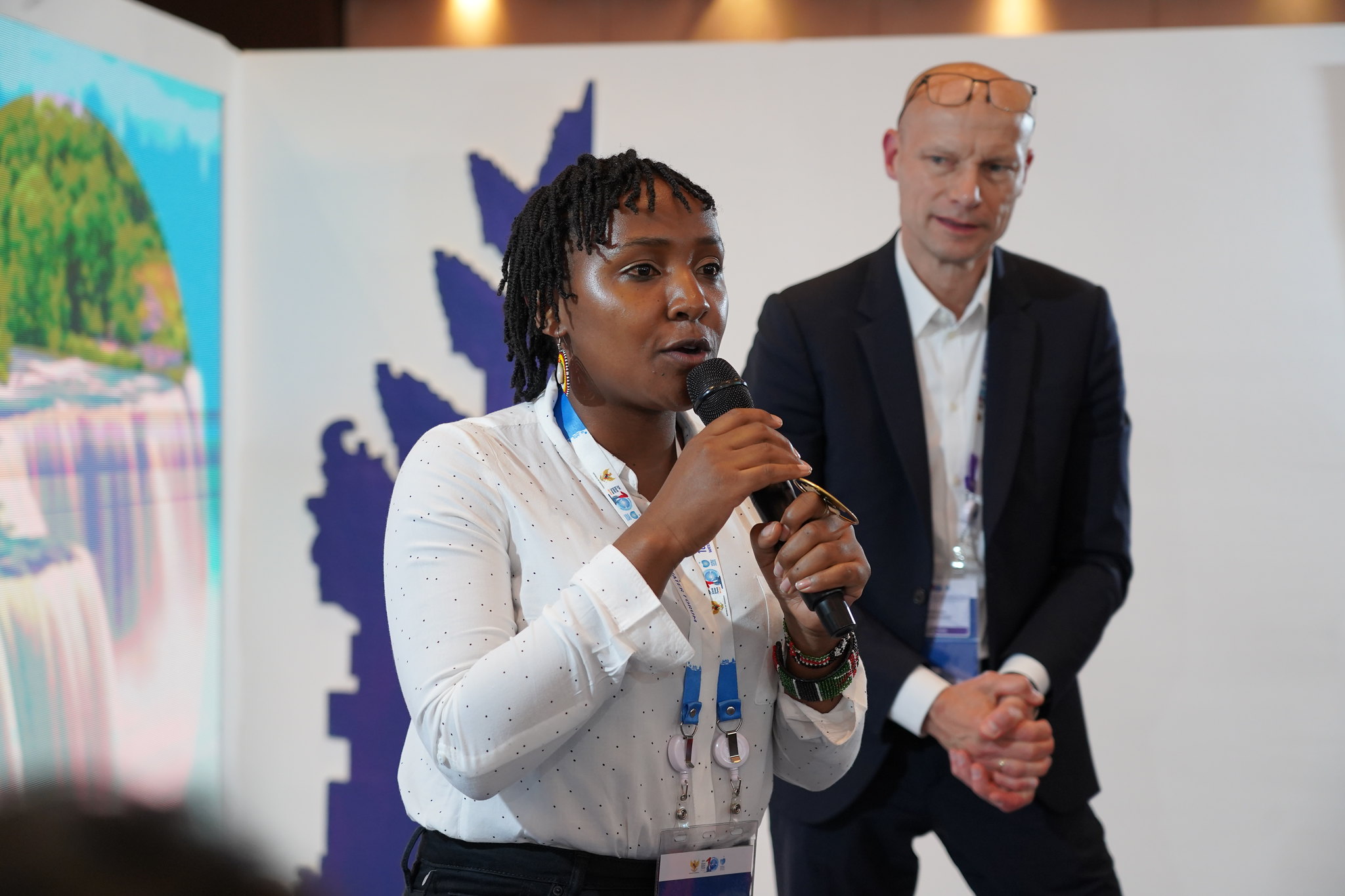- March 24, 2023
Global Water Intelligence: The seven stars of the UN Water Conference
- Opinion piece
- The Netherlands: The Dutch owned this conference. They deployed their royal family, their diplomats and technocrats in complete alignment in an awesome display of soft power that said: “water will never be an existential challenge for this planet for as long as Netherlands exists”. It means that this muddy corner of north west Europe with a population of 17.5 million and no aircraft carriers or nuclear weapons has a greater right to be listened to than countries 10 times its size. Besides, any nation who can produce a man like conference organiser Henk Ovink seems destined to rule the world whether we like it or not. His lightning quick mind, omnipresent energy, immediate empathy and ability to connect makes the rest of us feel obsolete.
- The Global Commission on the Economics of Water: This group of bigwigs from outside the water sector produced a stunning new analysis of the global water challenges. It will change the way the world thinks about water. There is too much to say about it here: you will have to wait until the next edition of GWI.
- The Carbon Disclosure Project: Most organisations who made the effort to come to New York saw the event primarily in terms of its publicity potential. They are likely to have gone away disappointed. With so many different voices all trying to draw attention, it was a horrible environment to get noticed. The CDP however used it as an opportunity to engage people in creating its agenda. This open source approach means that the CDP, which was originally set up to encourage companies to report on their environmental footprints, returns from New York as one of the most important players in the shaping of the 2030 water agenda. It is a triumph for CDP’s Global Director for Water Cate Lamb but it is likely to have left her completely knackered.
- Veolia: Most companies which went to New York struggled to have a meaningful impact. They didn’t get good speaking slots, they struggled to connect their corporate message with themes of the event, and the format of the event made it very difficult to use it for meaningful business development. Xylem, Grundfos and Suez all did reasonably well, but the prize for making the most of the event must go to Veolia, who deployed CEO Estelle Brachlianoff across the agenda to achieve real visibility across the whole event. The key message was the company’s $1.5 billion annual investment commitment to delivering SDG6. It is very much in line with Chairman Antoine Frérot’s idea that the company must make itself “useful” to the world in order to justify its existence. Brachlianoff and her team will return to Paris today feeling that they were able to convince the world that it is more than useful. It is essential.
- Sanitation: Gone are the days when sanitation was water’s poor cousin in the WASH family. Everyone talked about sanitation. Even more amazingly, they talked about non-sewered sanitation and climate change (both in the context of adaptation and mitigation). The Gates Foundation have thrown their weight behind the issue, and the Asian Development Bank and African Development Bank are following suit. Even more excitingly, Jingdong Hua, vice-chair at the International Sustainability Standards Board and a board member of the new UN Sanitation and Hygiene Fund, mooted the idea of a sanitation bond that would use methane abatement as part of the coupon in the same way that carbon mitigation had been used in forest bonds. This would have been fiction just a few years ago.
- The Asian Development Bank: The entire development finance community descended on New York, with the apparent exception of water’s largest bilateral lender JICA. But none dominated the agenda like the ADB. Involved in no fewer than 30 onsite and offsite sessions, the bank was everywhere at once, deploying its eloquent managing director Woochung Um and its charismatic water lead Neeta Pokhrel to powerful effect. Having already put climate adaptation and mitigation at the heart of its water agenda and with a long history of collaboration and co-financing with private and public partners, the Bank was ready to talk to any theme thrown its way. An agreement to collaborate with the IADB and the AfDB on developing national roadmaps for SDG6 shows a noble effort to share knowledge beyond its borders too.
- The Hippo roller guy: The event was not set up to deliver a return on investment for delegates. With hundreds of parallel side events on and off site, no facilities to make it easy to network or even know who was doing what when and where, most people are likely to come away feeling that they didn’t have much of an impact. The one exception is likely to be Scott, the Hippo Roller guy who patrolled the hallways with his “90-litre roller that effortlessly rolls 200 pounds of water”. I made fun of him in the November issue of GWI after he showed up for the preparatory event for UN Water Conference with his Hippo Roller. I suspect he got his message across more effectively than anyone else at the conference.
Related news

press release
Global Commission on the Economics of Water encourage UN action on governance at Sustainable Development Goal Meeting
16 July 2024
At the annual ‘Water Action Agenda Special Event’ at the UN HLPF in New York, Henk Ovink, Executive Director at
Related events

Roundtable on ‘An Intergenerational Water Approach’
18 July 2024
The Session aims to hear the voices of young professionals within an Intergenerational Approach framework.
Tagged opinion piece
